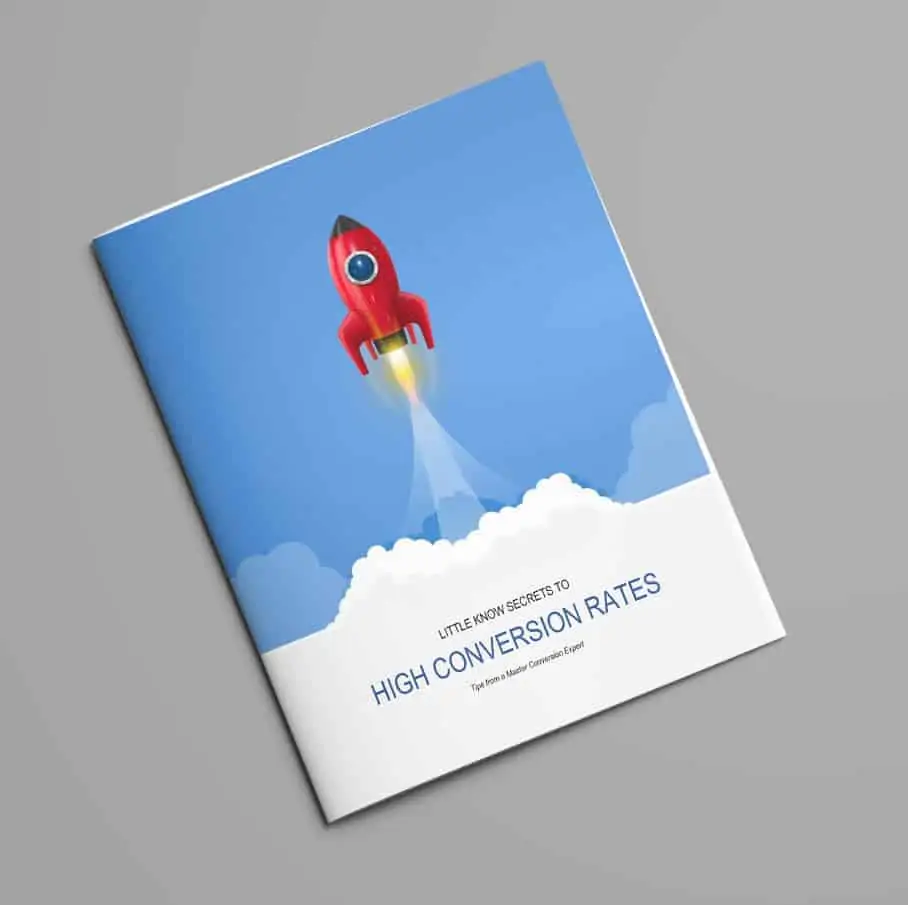The Difference between Keywords and Buzzwords
Sometimes we forget that our customers (or potential customers) don’t understand our language… most often this is the case with B2B or service oriented businesses. We get very accustomed to using terms to describe our business that nobody else understands…(except our competitors). I’ll use the printing industry as an example. On one commercial printer website I found this: "Your DIRECT source for full color commercial Heidleberg quality printing." Now, I venture to guess that unless you are in the printing business you probably don’t fully understand "Heidleberg quality". Even worse is the search marketing industry with acronyms and terms most business owners have barely heard.
Using clear, jargon-free language helps increase search engine optimization as well as visitor usability. Look at your website through the eyes of a potential buyer – does it make sense? Do your prospects search for "high-speed internet" or "broadband"? It’s extremely important to write the content of your website using the words your intended audience will understand because these will be the words they also use in searches. Often you will be surprised that customers will use different terminology than you. Having very detailed keyword research may provide a clue as to what words are most popular, however, asking your existing customers may provide a place to start your research.
Identify And Evaluate Your Competition
Sometimes looking at your competition’s website may reveal the answer. If they are targeting "area rugs" and you call it "household textiles" – you may consider a change. Go to the competing web site and "View Source" on their HTML page. Notice the Title tage and Meta-Tags at the top and make note of their content. A good approach is to develop keyword phrases. Think about what people type in a search when they are looking for a company, product or service like yours. Once you develop the phrase…test it by typing it in a search. Did you find relevant products or services? Did your competitors show up in the results?
Don’t try to stuff too many keywords into your pages. Less is better. The more focused your message is; the more likely you will be ranked at the top when someone searches for the keyword you are targeting. I always strive to keep my targeted keywords limited to three per page.
Landing Pages
Once you’ve developed a list of keyword phrases, designate a web page on your site that targets each phrase. This page should be fine-tuned around delivering content focused on a specific key word or phrase. Your web pages will have a better chance at ranking high for one or two keywords but not if you dilute the effect by trying to jam many keywords into one page.
Now I have keywords… What do i do with them?
Your keyword should appear in many places on your site; not just in your Meta-Tags. Your title tag, headlines, page copy, image alt tags – just about everywhere there are words…. a search engine will use the information to gauge the relevancy of your page. Each search engine has it’s own unique way of ranking you; but one of the most important places to insert your keywords is in the Title tag of the page.
- Title Tag
- Meta Description
- Headings (H1, H2, etc)
- Bold or Strong Text
- Links to other pages
- Content of your page
- Image Alt Tags





